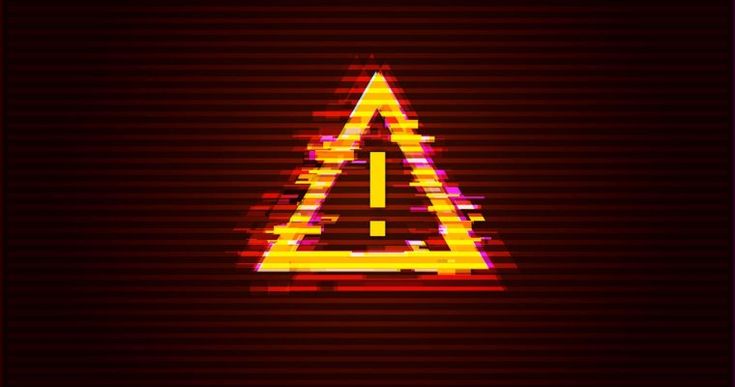Reporting Crypto Scams to Authorities: How to Protect Yourself and Take Action
The rise of cryptocurrencies has created a new wave of scams that target unsuspecting investors and traders. From fake investment schemes to phishing attacks, crypto scams have become increasingly sophisticated, leaving victims confused and vulnerable. If you’ve been targeted by a scam, reporting crypto scams to authorities is a crucial step to protect yourself and assist in holding perpetrators accountable. This guide explains how to report scams, why it’s important, and what steps you can take to protect your assets.
Why Reporting Crypto Scams Is Important
The cryptocurrency landscape is decentralized, which can make tracing fraudsters challenging. Reporting scams serves several purposes:
- Helps Prevent Future Crimes: Authorities use reports to identify trends and dismantle criminal networks.
- Assists in Asset Recovery: Reporting increases the chances of recovering stolen funds.
- Protects the Community: Your report may warn others and prevent them from falling victim to similar schemes.

Recognizing Common Crypto Scams
Before reporting, it’s important to identify the type of scam you’ve encountered. Here are some of the most common scams:
-
Phishing ScamsThese scams trick users into revealing their private keys or passwords by impersonating legitimate platforms. Always verify URLs and avoid clicking on unsolicited links.
-
Fake Investment OpportunitiesFraudsters promise guaranteed returns on crypto investments. Be wary of any scheme offering high profits with minimal risk.
-
Rug PullsIn decentralized finance (DeFi), scammers create tokens, hype them up, and then abandon the project, leaving investors with worthless assets.
-
Ponzi or Pyramid SchemesThese involve recruiting others to earn profits, often collapsing when new investments dry up.
-
Imposter Websites or AppsScammers mimic well-known exchanges or wallets to steal funds when users deposit their cryptocurrency

Steps to Report Crypto Scams (Reporting Crypto Scams to Authorities)
Document the Incident
Before contacting authorities, gather all relevant information, including:
- Transaction IDs
- Wallet addresses involved
- Screenshots of communications
- URLs of scam websites
Report to Local Authorities
Contact your local police or cybercrime unit. Provide detailed evidence and explain the situation clearly. Many countries now have specialized units handling cryptocurrency fraud.
File a Report with Financial Authorities
Depending on your jurisdiction, you may need to report to a financial regulator:
- United States: Report to the Federal Trade Commission (FTC) and the Securities and Exchange Commission (SEC).
- United Kingdom: Notify Action Fraud or the Financial Conduct Authority (FCA).
- Australia: Use the Australian Cyber Security Centre (ACSC).
Notify Crypto Platforms
If the scam involves a specific exchange or wallet provider, report the incident directly to their support team. Major platforms like Binance and Coinbase have fraud reporting systems.
Use Online Fraud Reporting Portals
Global organizations like the Internet Crime Complaint Center (IC3) and Europol offer online forms for reporting cryptocurrency crimes.
Seek Legal Assistance
Consult with an attorney or cryptocurrency recovery expert to explore your options. Some services specialize in tracing stolen crypto and filing legal claims.
Tips to Protect Yourself from Future Scams
- Enable Two-Factor Authentication (2FA): Add an extra layer of security to your accounts.
- Research Projects Thoroughly: Avoid investing in projects without a verified team and whitepaper.
- Use Reputable Platforms: Stick to well-known exchanges and wallets with strong security measures.
- Verify All Communications: Always cross-check the legitimacy of emails, links, and social media messages.



